
Tim
Let’s not beat around the bush, the science is screaming out the severity of the climate crisis to us loud and clear. As we try to digest the staggering, shocking, and saddening evidence laid out in front of us, many including myself, are feeling the sense of hopelessness and eco anxiety of the situation.
This guide shows you ways to deal with these fears and to shed some light on our future which is, of course, embodied in our young.
What is eco anxiety?
Eco anxiety has been defined is ‘a chronic fear of environmental doom. In fact, seven out of ten Americans now worry about climate change according to a recent national survey in the US. With this looming over many of us, the thought of bringing a child into this world may seem cruel and feel like you’ll be contributing to the problem even more. But what is the eco-footprint of having a child?

Seven out of ten Americans now worry about climate change according to a recent national survey.
Climate Change in the American Mind: December 2018
Eco footprint of having a child
When it comes to lifestyle choices, and reducing our carbon footprints, one of the most scarcely talked about topics is having fewer children. Yet this controversial choice is by far the biggest impact you can have on the environment. According to one study, in a developed country having one less child saves on average, 58.6 tonnes of CO2-equivalent a year. In comparison, the three next biggest reductions come from living car-free (2.4 tonnes), avoiding one roundtrip transatlantic flight per year (1.6 tonnes) and eating a plant-based diet (0.8 tonnes).
The scale of these implications is bluntly put by Sir David Attenborough, on a finite planet where the rate of population growth is 80 million a year “the sooner we stabilise our numbers, the sooner we stop running up the down escalator”. It’s predicted that half of global population growth by 2050 will occur in just 8 countries, 6 of which are in sub-Saharan Africa. However, the current emissions per capita of the richer countries in the west far outweighs that of poorer developing nations.
If you are considering having a child or already have a family, all this can seem like a hard pill to swallow, although there are positives about having children in this current climate.
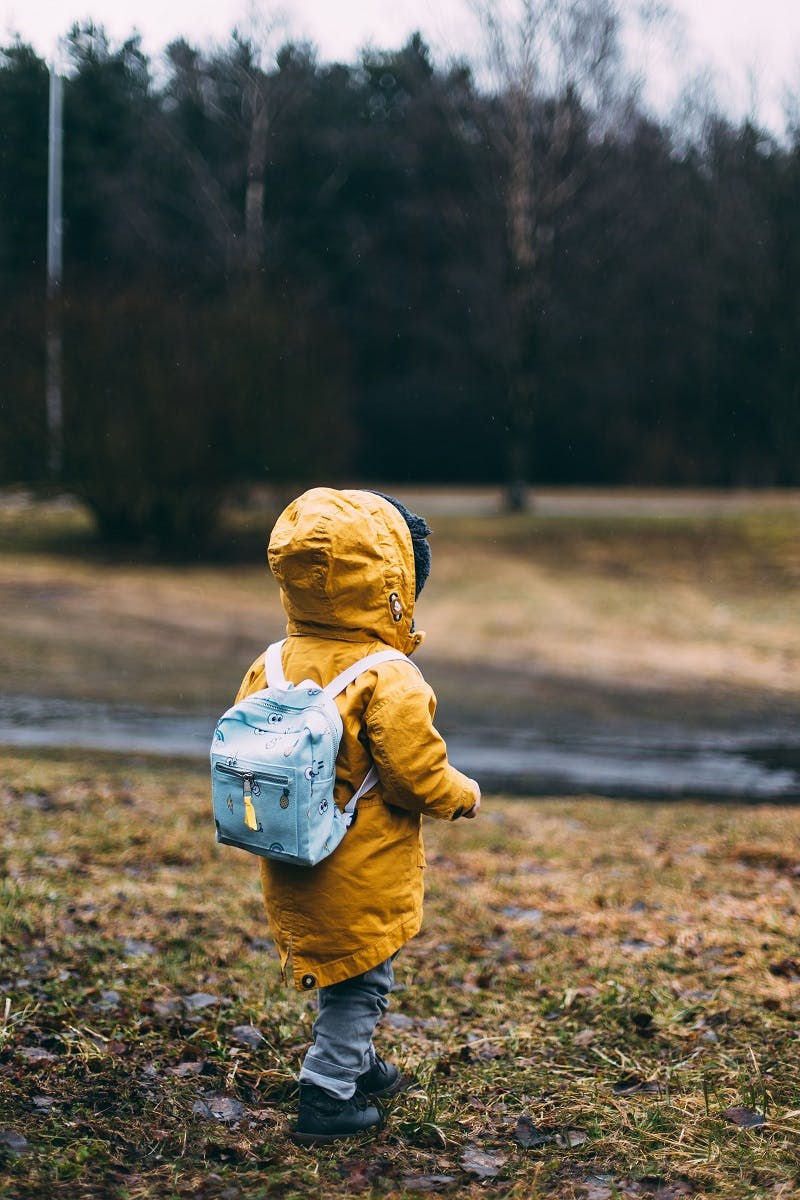

Take action now
Do you want to have a direct impact on climate change? Sir David Attenborough said the best thing we can do is to rewild the planet. So we run reforestation and rewilding programs across the globe to restore wild ecosystems and capture carbon.
Get involvedReasons to be optimistic
Here are a few shining examples worth bringing to the limelight and other reasons to have faith in our present and future generations.
The 3rd Industrial Revolution: A Radical New Sharing Economy
It’s claimed that the millennial generation is orchestrating the next industrial revolution based on renewables. Leading economist and social theorist Jeremy Rifkin, who is an advisor to the European Union and the People’s Republic of China, has outlined a radical new sharing economy sparked by millennials that could drastically reduce our ecological footprint as a species. In fact, during a mind-blowing talk he sets out a roadmap to our future and how to transition away from fossil fuels to a sustainable economy in the next three decades. Adding weight to his claim, key world leaders such as Germany’s Chancellor, Angela Merkel, and China’s President Xi, have committed to delivering this industrial revolution.
Fundamental to its success, the sharing economy relies on the new mindset of millennials and subsequent generations. As Rakfin points out, millennials want to share across networks where everyone benefits, and they also have a greater sense of biosphere awareness of how we fit in with the rest of the planet. Therefore, as parents, we can promote these two truly positive traits to our young to help them tackle the climate crisis.
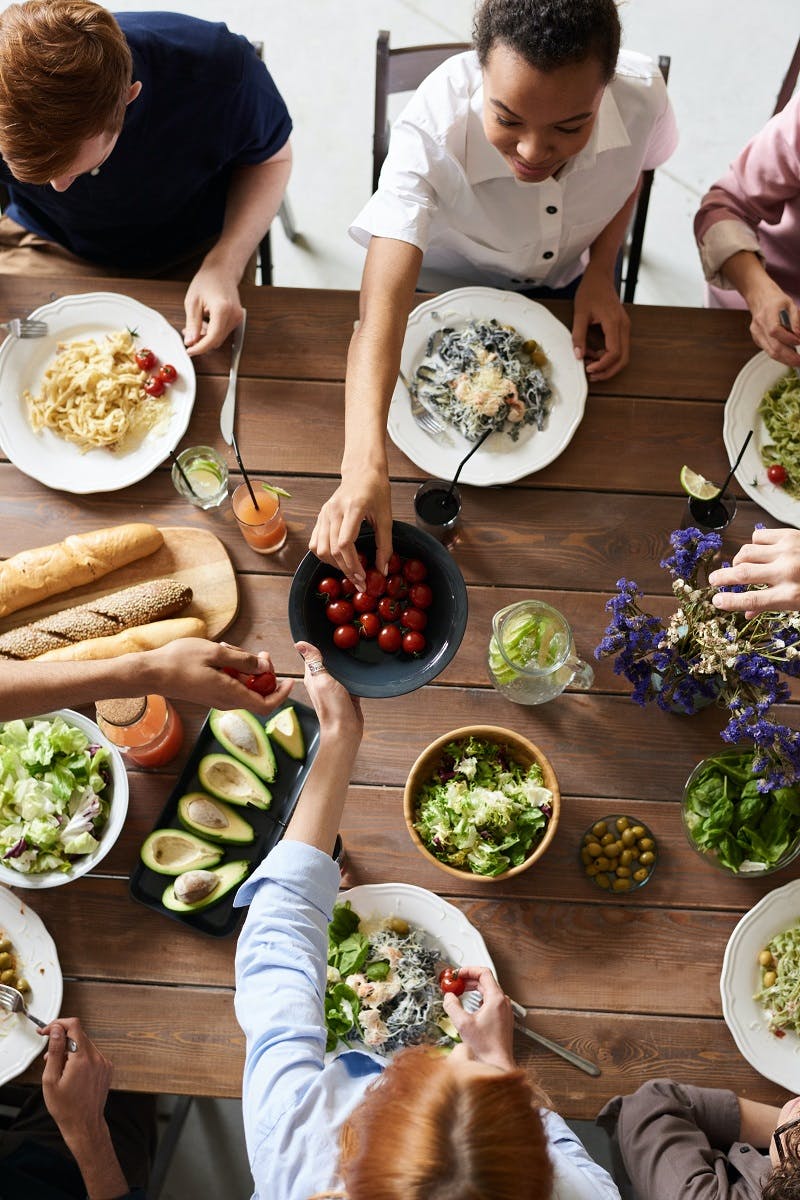
Be a part of this revolution
To be part of this revolution, here are some areas you can focus your family’s efforts on right now.
- Invest in innovative smart technology. Information technology is expected to generate huge efficiencies in communications, energy, and transport that will allow us to “use less of the earth and get more out of it”. Therefore, switch to smart technology where you can, such as smart homes, cars, and apps that use big data connected to networks that economise and increase productivity.
- Join movements started by millennials such as Circular Economies and Open Source that reduce waste, save resources, and share goods and services. A lot of these economies operate at zero marginal cost meaning some industries cannot compete. Toy sharing services are a great example of how you can instill good values in your young at an early age, see this link for a review of popular services.
- Look into renewable energy for your home. Follow the lead of China where $82 billion has been invested to decentralise the largest electricity grid in the world helping individuals capture their own solar power. Meanwhile, in Europe, Germany has reached 32% renewables of their total energy and has committed to 100% by 2040.
- Start car sharing. Former vice president of General Motors, Larry Burns, predicts we will have 80% fewer cars on the road in the next two generations as car-sharing becomes the norm. The obvious benefits are a reduction in pollution and emissions, plus you get to experience driving a range of vehicles without the cost of owning them!
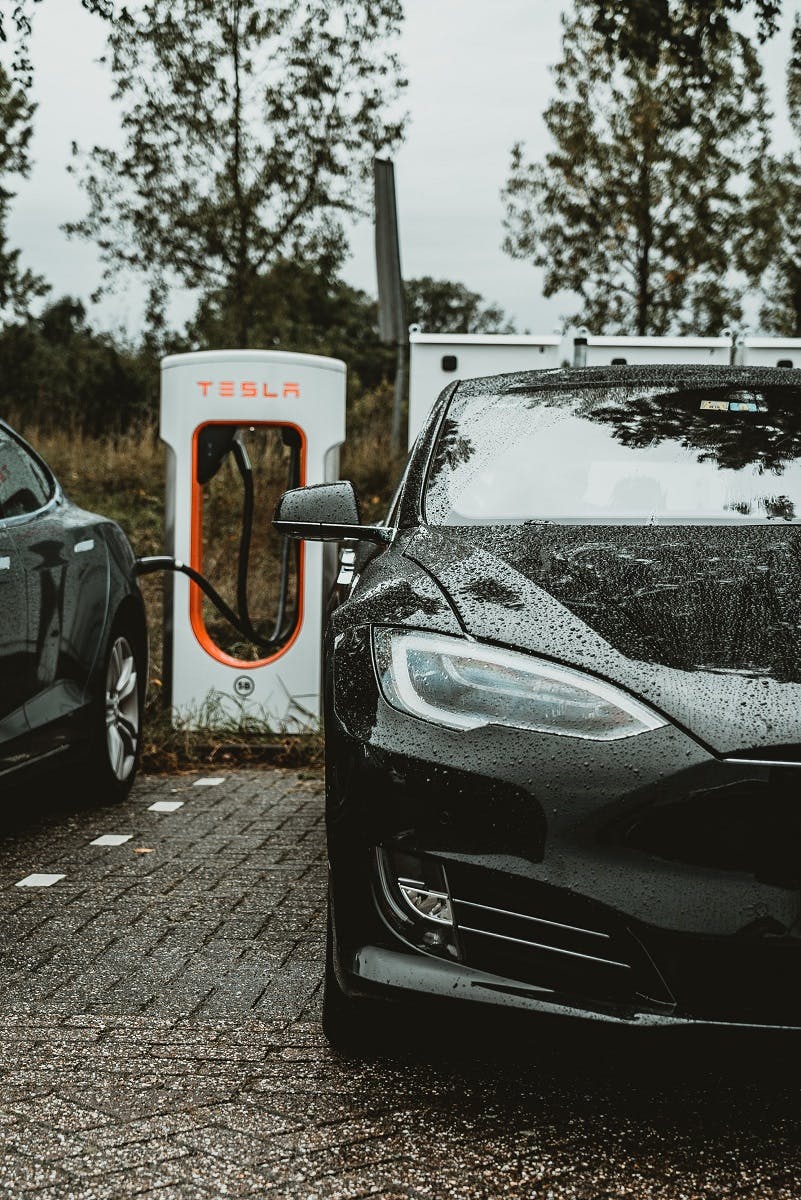
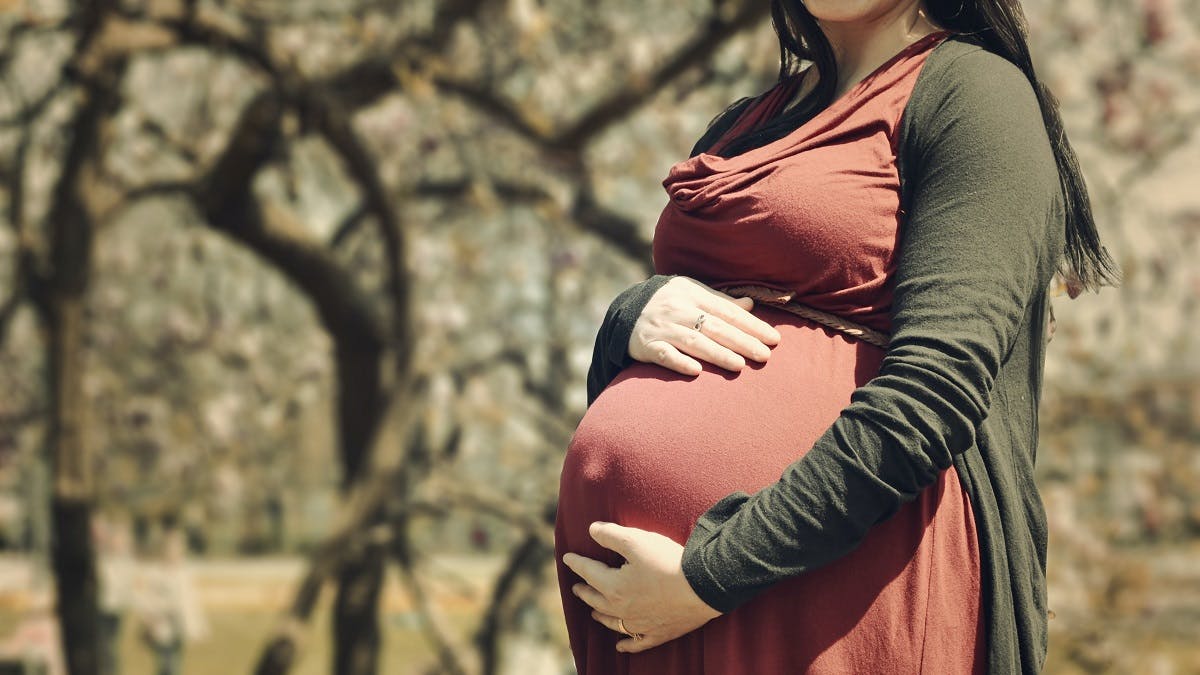
More reasons to have children
- They are the future green voters and policy makers. The likes of Greta Thunberg are already sending shockwaves of change throughout the world, inspiring and demanding climate action. Thanks to them and the voices of many others, climate change now tops the political agenda.
- In an era of polarising ideology, children and family members can be the biggest influencing factor to changing views on climate change. Even stern US politicians in denial of the climate crisis changed their tune after being persuaded by their children.
- Climate activists often cite their children as their primary motivation for their efforts in the fight against climate change. What better reason to make the planet a better place than for future generations of your own?
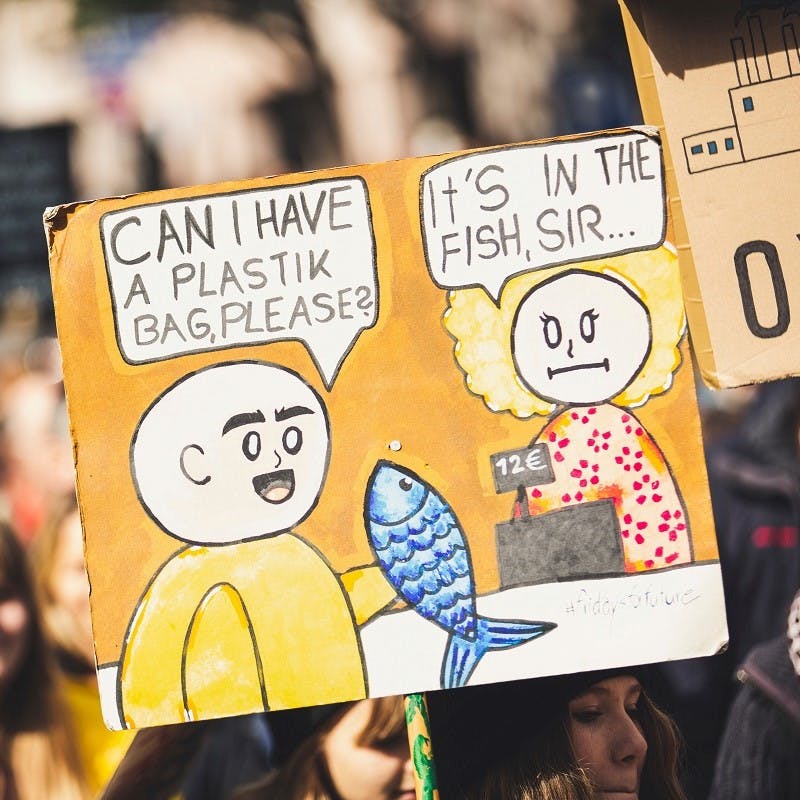
How to deal with eco anxiety
If you or someone you know is suffering from eco anxiety, below are some recommended approaches to follow. It also includes some practical steps you can take to minimise your family’s impact and have positive effects on the environment.
- Educate yourselves on both sides of the story of climate change. It’s not all doom and gloom with many positive stories that will instill optimism and inspire change.
- Build resilience, self-regulation and readdress negative thoughts. Some of the numerous strategies for this include, building a supportive network around your family, develop better self-awareness through techniques like mindfulness, setting achievable targets such as reducing consumption and viewing climate problems as solvable. See this report for a comprehensive list.
- Get your family out in nature regularly. Not only does this reduce stress but it also reinforces your connection with mother nature and fuels your desire to protect it. Having a specific location that is special to you is said to strengthen your resilience.
- Get informed and act. Combat the sense of helplessness and take control of different aspects of your family’s life that make a difference. By reading any of our low impact living guides you are already one step ahead, showing your interest and understanding that our children are vital in the fight against climate change. Start by calculating your carbon footprint and making important changes to reduce it.
- Persuade friends and family to make greener lifestyle choices. Watch this TEDtalk for proven strategies on effective communication with those who see the climate crisis differently from you.
- Consider having a smaller family, adopting children or living child-free if it makes sense to you. Social norms change every generation and in the current climate this subject is becoming less taboo.
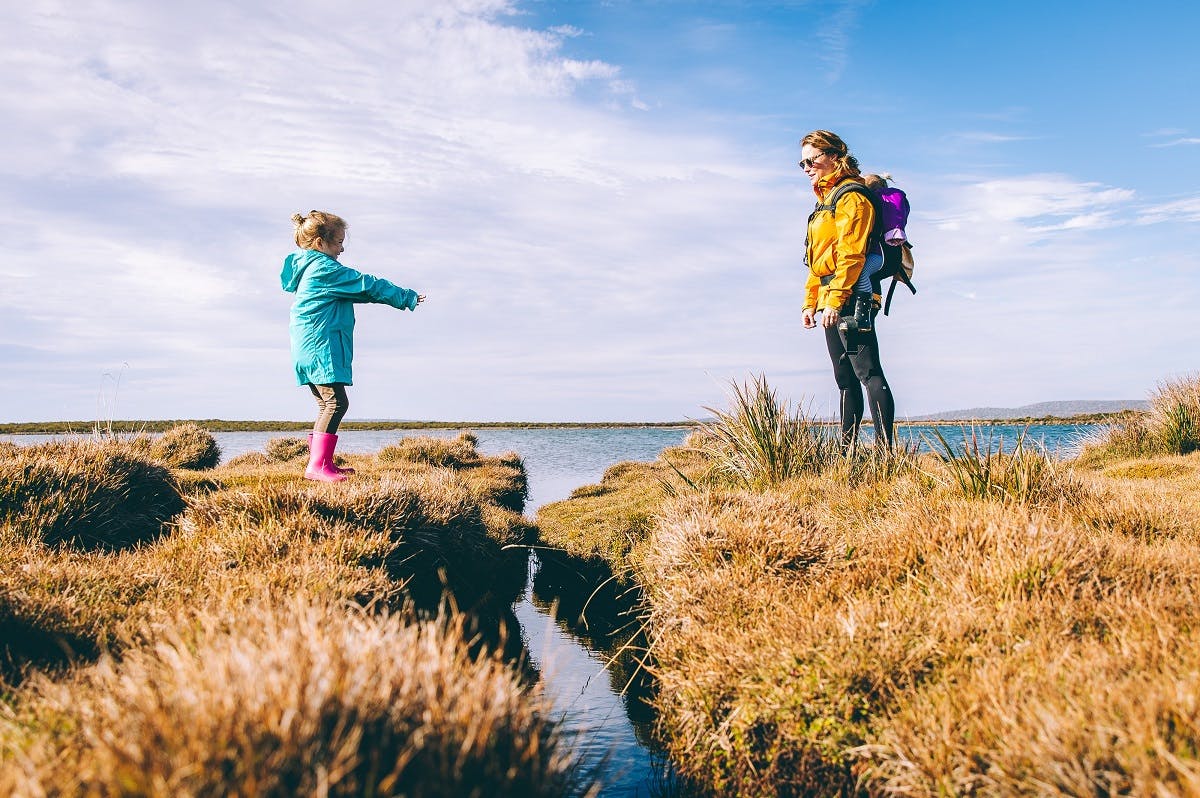
Glossary of terms
Biosphere: Is the worldwide sum of all the planet’s ecosystems. It can also be referred to the zone of life on Earth.
Circular economy: Is an economic system aimed at removing waste and the continual use of resources. Circular systems advocate for recycling, reusing, upcycling, repairing and remanufacturing to create a closed-loop system, minimising the use of resource inputs and the generation of waste, pollution and carbon emissions.
Eco anxiety: Refers to a fear of environmental disaster or ecological collapse. This feeling of anxiety is largely based on the current and predicted future state of the environment and human-induced climate change.
Millennial: Also referred to as Generation Y, are the demographic cohort born from 1984 to early 2000s.
Smart technology: The term “smart” refers to the acronym “Self-Monitoring, Analysis and Reporting Technology” It is a technology that uses artificial intelligence, machine learning, and big data analysis to provide cognitive awareness to inanimate objects.
Sources & further reading

- “Climate Change in the American Mind” - George Mason University Center for Climate Change Communication
- “The climate mitigation gap: education and government recommendations miss the most effective individual actions.” - IOP Science
 Take part in circular economies.
Take part in circular economies.